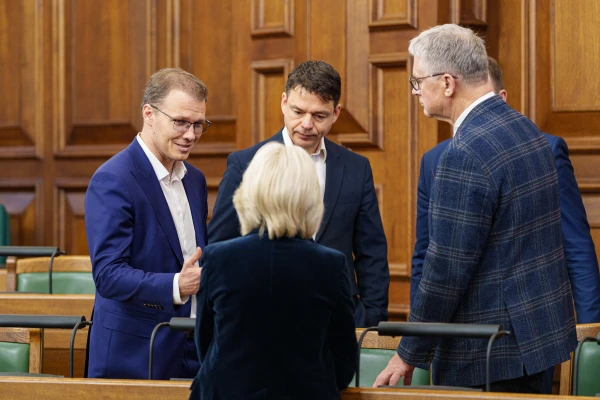
There was an old Soviet joke that probably everyone from that era knew. Rabinovich is filling out a questionnaire and when asked if he wavered against the party line, he writes: I wavered along with the party line.
Apparently, even those deputies of the Saeima who sharply changed their position on the bill to withdraw from the Istanbul Convention yesterday also decided to "waver along with the party line." How this will affect their personal political fate will be known relatively soon: in the Saeima elections in early October 2026... But let's take it step by step.
So, let's recall that closer to midnight on Thursday, October 30, the Saeima voted by a majority (56 "for") to adopt the bill on withdrawing from the Istanbul Convention in its final reading. Credit must be given to the opponents of this bill — representatives of "New Unity" and the "Progressives": they organized a very powerful and, as it later turned out, very effective campaign against both the bill itself and those who support it in the Saeima. The pressure campaign, as we can now state, continued even after the vote in parliament.
In this sense, President Edgars Rinkēvičs's decision not to proclaim the law but to send it back to the Saeima was expected and, to some extent, inevitable. It is quite possible that already then, on Monday afternoon, in making his decision, the head of state knew or predicted that this decision would make many deputies who voted "for" on October 30 "reconsider" their stance. Thus, the supporters of the bill would no longer have enough votes to overcome the president's veto and vote again for this controversial document.
Is the bill ordered to be "forgotten"?
As previously reported, the president did not just return the law for revision but called for... not to consider it at all in this convocation of parliament, passing it "as a legacy" to the next Saeima.
It should be noted that this unprecedented decision by the head of state in the recent history of Latvia — until now, the presidents of the Republic of Latvia, when returning laws for reconsideration, have suggested, as required by the Constitution, to make certain amendments to the law, to bring it into compliance, for example, with the Satversme or with Latvia's international obligations.
Here, in essence, instead of reconsideration, the president proposed de facto... a refusal of reconsideration.
A split among super patriots
One way or another, by Tuesday morning, the "first signals" appeared that, conditionally, the "anti-Istanbul coalition" had split. First, the deputies of the United List began to say that it would be wise to listen to the president and that it would be better to pass this issue to a referendum — let the people decide. It became clear that the supporters of the denunciation no longer had a majority in the Saeima to overcome the president's veto. Then the National Alliance joined the position of the "united": "The National Alliance faction will respect the call of President Edgars Rinkēvičs to make a decision on the Istanbul Convention in the next Saeima."
The National Alliance supports the possibility of transferring the decision on the denunciation of the convention through a nationwide vote and will seek ways to prevent the ideological risks of the Istanbul Convention and interpretations of individual articles in constructive discussions in the long term.
Judging by the comments on social media, the voters of the National Alliance appreciated this somersault, which many supporters of Raivis Dzintars's party called "the betrayal of the century."
Is the topic closed?
In any case, it was obvious that the opponents of Latvia's withdrawal from the Istanbul Convention achieved a political victory. And yesterday's vote in the Saeima was simply a legal formalization of this victory and the surrender of positions by part of the "anti-Istanbul coalition."
The Vice-Speaker of the Saeima, Zanda Kalniņa-Lukaševica ("New Unity"), proposed, following the president's call, to set the deadline for submitting amendments to the returned bill... November 1, 2026, that is, by the time the current parliament's term ends. De facto, this means — throwing the bill in the trash. At least for the next year, the bill will not be on the Saeima's agenda. This proposal was supported by deputies from four factions — "Progressives," "New Unity," and the deputies of the National Alliance and the United List who joined them.
Interestingly, some deputies of the National Alliance and the United List "got lost along the way" — they did not register as participants in the meeting, apparently to avoid voting on this issue and possibly to escape the wrath of voters. However, half an hour later, when the next plenary session began — on the budget — these deputies suddenly "surfaced" among those present in parliament.
Does this mean that the topic of withdrawal from the Istanbul Convention is now closed? Of course not! This topic will become one of the key issues in the election campaign — it will surely be used, primarily, by the deputies of "Latvia First" and "Stability!" who have not changed their position, as well as new competitors of the National Alliance — activists of the "Austošā saule" party and representatives of the new political movement "Without Parties."
A referendum that will not happen
As for the statements of the "united" and the National Alliance about the need for some referendum on the Istanbul Convention, it all looks quite unserious.
Firstly, who will initiate this referendum? Secondly, even if such activists are found, it is still practically impossible to launch a referendum under the existing system — no one has yet managed to collect the required 154,000 signatures from voters! Thirdly, many constitutional law experts doubt that a referendum can be held on the issue of the convention, as the article of the Constitution states that agreements with foreign countries are not subject to a referendum. The convention is also a type of international agreement, just not with one country, but among several countries that are part of an international organization.
In general, the saga of denunciation ended in farce. But it gave voters much food for thought.


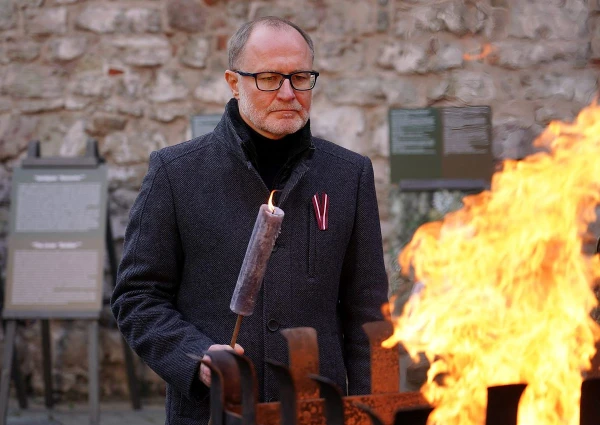
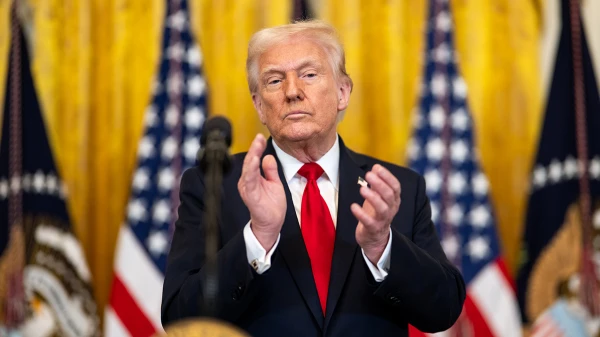
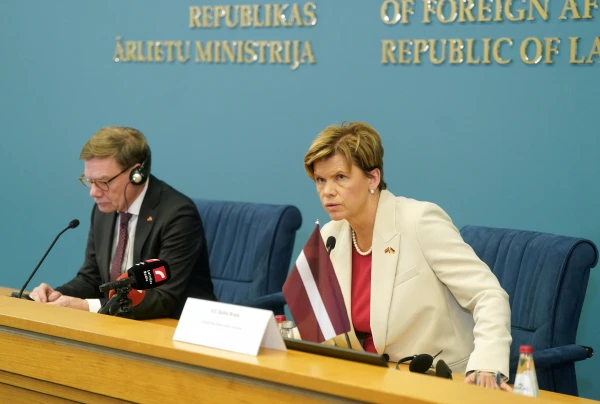

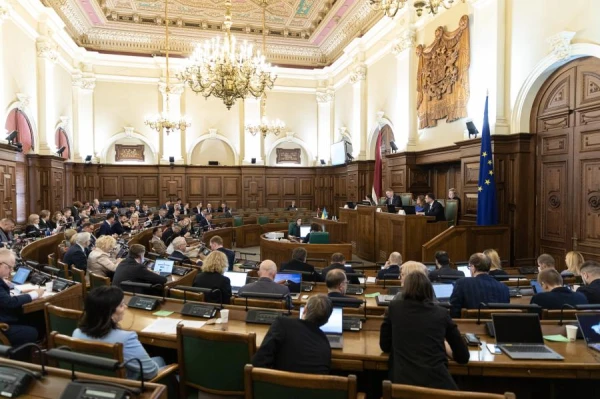


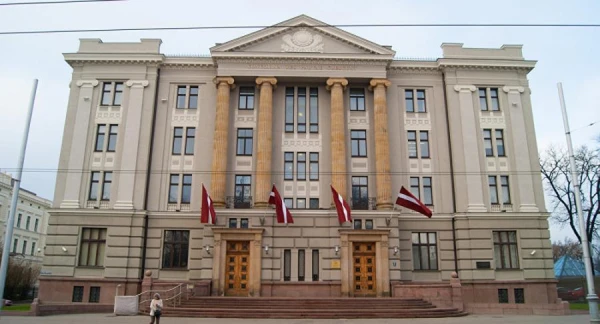






Leave a comment